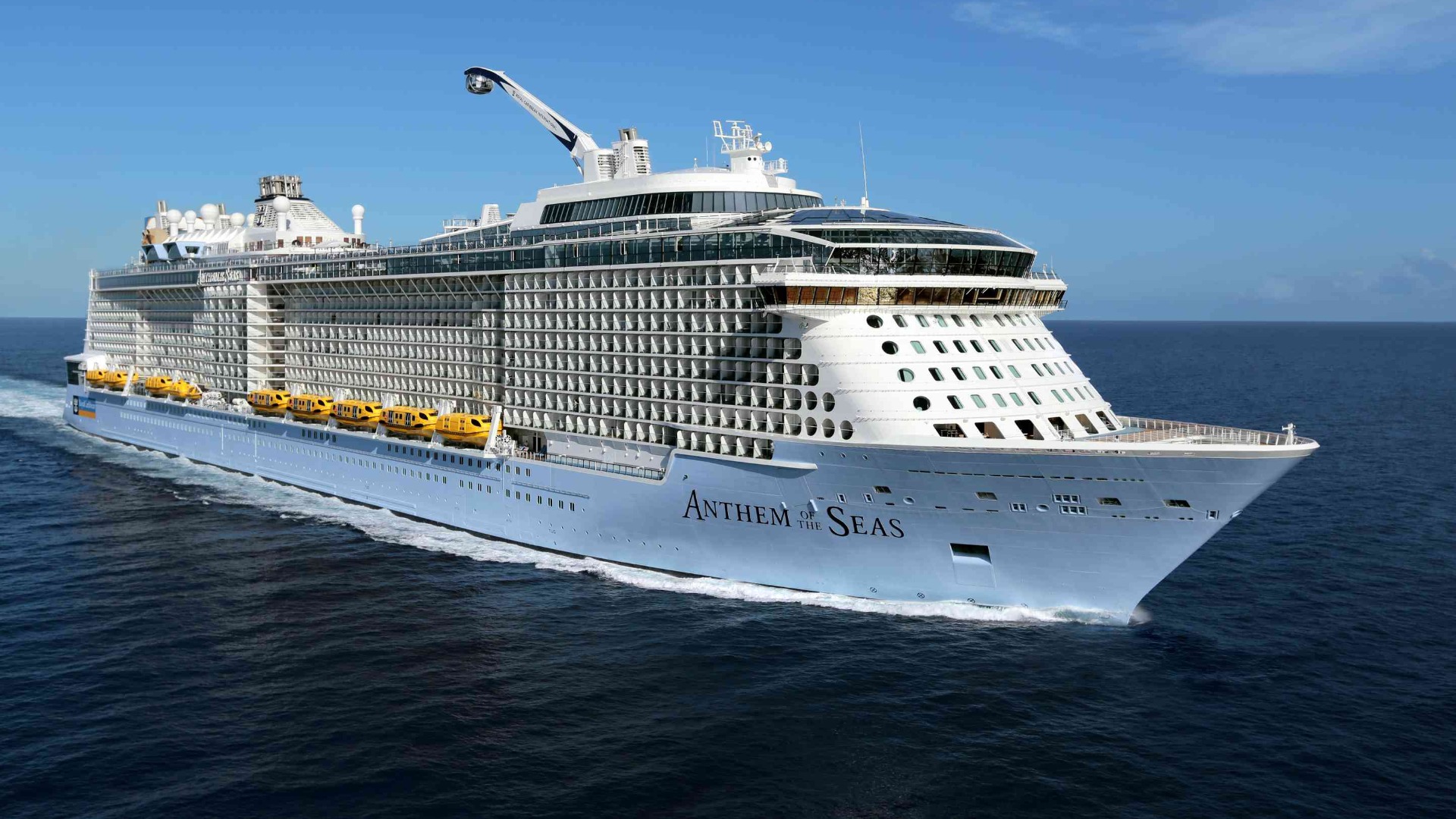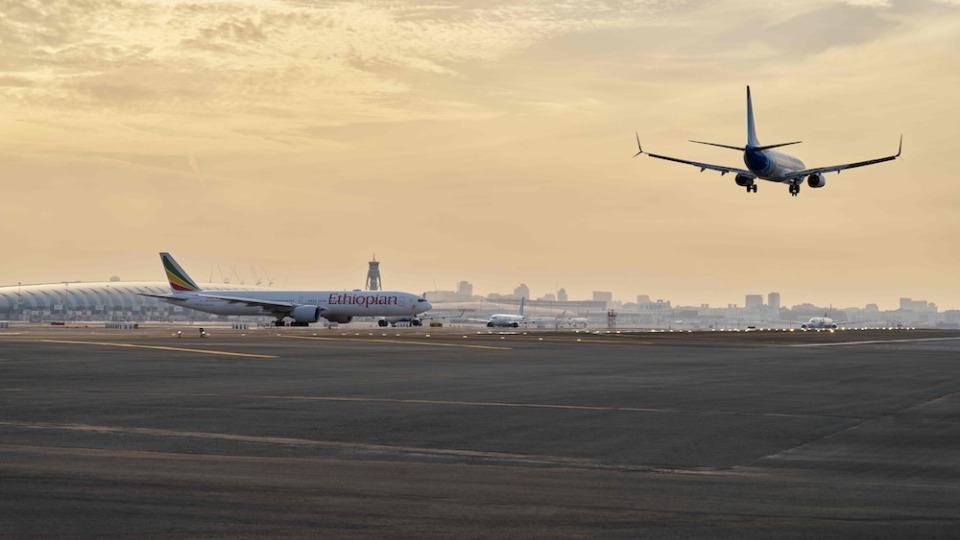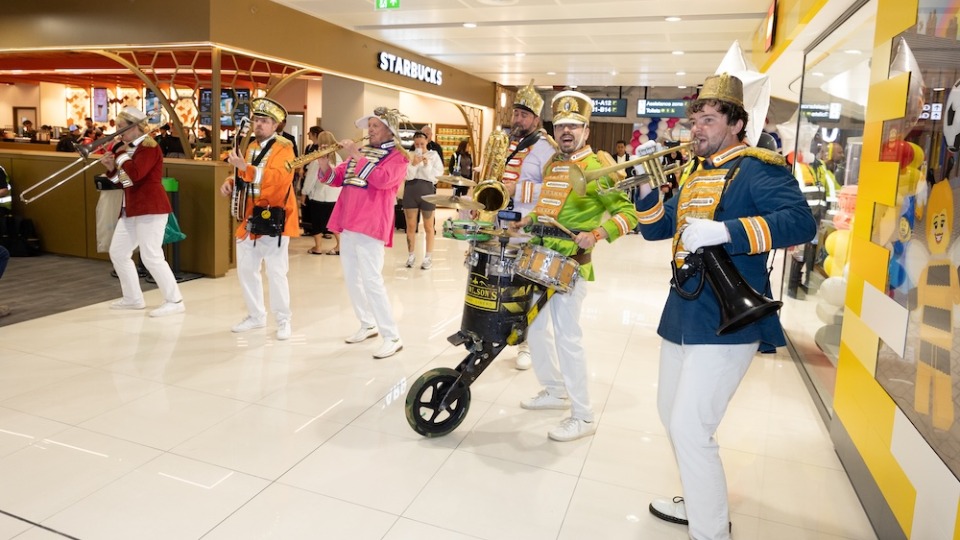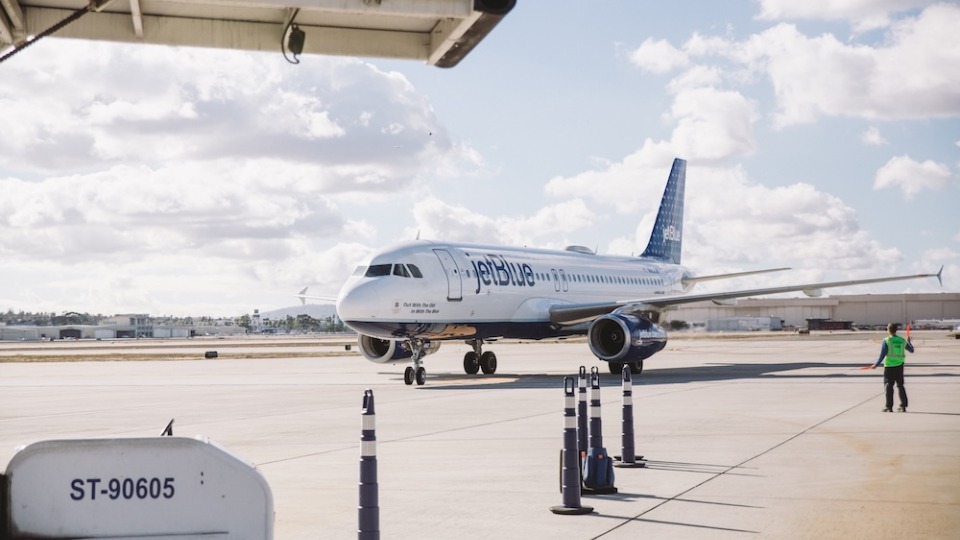
Vital Sea Information To Be Stored Onboard Of Royal Caribbean Fleet

Royal Caribbean Organization reaffirms its support for ocean conservation and ecological study, which has been ongoing for decades.
In a recent announcement, Royal Caribbean Group has presented the extension of its involvement in OceanScope, an open-source data program that helps researchers study climate and the preservation of the oceans, for another four years. Royal Caribbean Group has renewed its ocean and marine life research initiative on World Oceans Day. The program's continuation will keep expanding its groundbreaking research conducted from aboard of Royal Caribbean Group cruise ships.
The groundbreaking initiative is making waves in the scientific community. By utilizing a state-of-the-art collection of oceanographic and meteorological equipment installed on Royal Caribbean Group ships, OceanScope is able to gather constant and real-time data on the ocean's crucial indicators. This includes information on water currents, sea surface temperature, carbon dioxide levels, as well as salinity, all collected along the ships' recurrent journeys across the seas of the world. This innovative approach enables scientists to closely monitor fluctuations in the ocean’s indicators over different periods of time.
Royal Caribbean Group's CEO, Jason Liberty, was the official person announcing the renewal of the OceanScope program, which is aimed at supporting oceanic exploration. Liberty expressed his excitement about the program, stating that at Royal Caribbean Group, every day is World Oceans Day. In a recent statement, it was also stated that the company is committed to preserving the environment and providing top-notch holidays in a responsible manner. The company's long-standing commitment to this project is also considered to be a proof to its dedication to environmental causes. OceanScope and its scientific partners are expected to advance new knowledge of ocean health and preservation, as everybody in the community eagerly anticipates the results. OceanScope has made its open-source database accessible to the global academic community. The data products and published studies that come out of this are invaluable for shaping ocean and conservation strategy.
In 2002, a program was launched to investigate ocean acidification in the Caribbean Sea. The program confirmed that the phenomenon, which is primarily caused by the absorption of carbon dioxide from the environment, was indeed taking place in the region. However, the rates of acidification varied across different areas of the sea. Sea creatures are all negatively impacted by ocean acidification, which is a continuing threat for the whole food chain. Royal Caribbean Group has announced that the extension of OceanScope on their ships will facilitate continuous monitoring and tracking of crucial ocean and ambient processes that regulate vital ecosystems.
The University of Miami Rosenstiel School of Marine, Atmospheric and Earth Science has expressed gratitude for the renewal of their productive relationship with Royal Caribbean Group. According to Dr. Peter Ortner. Collaboration across the private sector, scientific groups, and government organizations has resulted in the creation of an invaluable dataset that showcases the complex relationship between the ocean, atmosphere, and climate, in an exceptional demonstration of teamwork and partnership.
Over 100,000 nautical miles have been sailed by four ships, collecting data from the Caribbean Sea, Galapagos, North Atlantic, and Mediterranean Sea since the beginning of the year. NOAA, the University of Miami Rosenstiel School, and the wider community are receiving valuable data from Royal Caribbean International's Allure of the Seas and Adventure of the Seas, as well as Celebrity Cruises' Celebrity Flora and Celebrity Equinox. In a bid to enhance ocean comprehension, Royal Caribbean Group plans to disseminate the knowledge gained from its educational initiative to over eight million guests every year.
NASA has also announced the revival of its partnership with OceanScope, a key contributor to the agency's mission to comprehend the current state of Earth's climate and provide insights into the future. The collaboration is expected to yield valuable information that will benefit humanity in the long run. Dr. Nadya Vinogradova Shiffer, stated that observing Earth's oceans from space and utilizing the assessments from projects like OceanScope is crucial in developing a comprehensive understanding of the ocean's impact on the Earth’s environment. This data is essential in regulating the planet's temperatures, energy, and water. The intensity of the ocean's carbon sink and acidification processes may be gauged, in part, thanks to data on CO2, surface temperature, and salinity collected by ships operated by Royal Caribbean Group.
Royal Caribbean Group is committed to sustaining the planet through its SEA the Future platform, which goes beyond OceanScope and includes various conservation efforts. Additionally, Royal Caribbean Group is making strides towards decarbonizing its business by implementing innovative solutions, forming alliances, and shifting towards more environmentally friendly fuels, advanced technologies, and enhanced energy savings. In a bid to reduce their overall carbon footprint, the company has set a goal of achieving net-zero emissions by the end of 2050. As part of this initiative, the group is also working towards launching a cruise ship with net-zero emissions by 2035, a new project dubbed as "Destination Net Zero."
source: breakingtravelnews.com








